Scientists say your child’s obsession with dinosaurs is a good sign
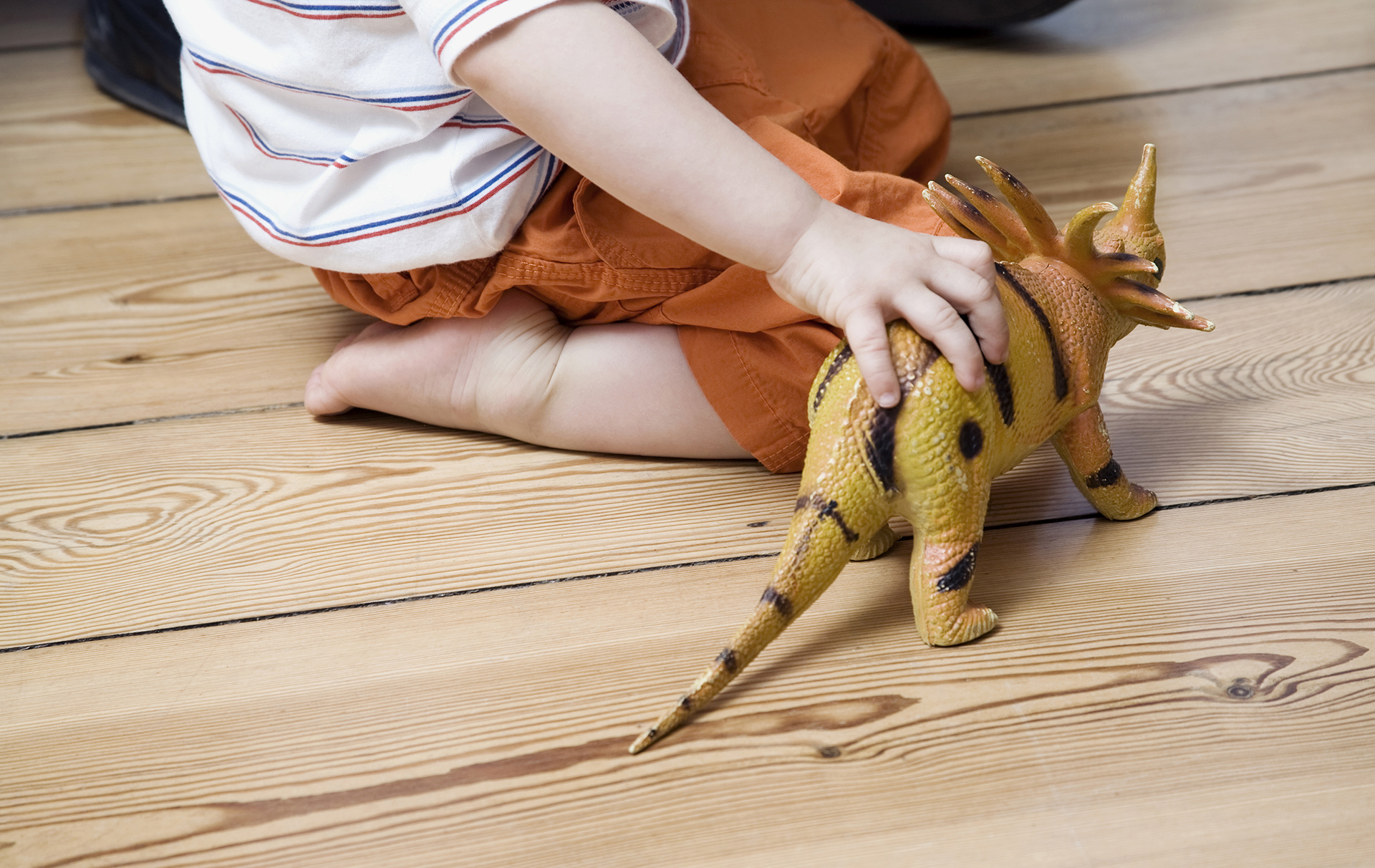
A study has found that a child’s obsession with dinosaurs is very good for their brain.
Most of us know a child with an obsessive interest in dinosaurs - and even a few adults (remember Ross in Friends?).
And it turn out this could be a very good thing, as researchers say that a burning desire to learn everything there is to know about the Mesozoic era could actually be a sign of high intelligence.
Read more: Child development stages from baby to teenager
About one in three kids develops an intense interest in a certain thing or activity. These tend to burn out in six months to three years, but often appear to be borderline obsessive while they last.
Conceptual interests include learning about dinosaurs, planes and horses. Over two-thirds of boys and a quarter of girls are thought to have a conceptual interest at some point between the ages of four and six.
After studying 215 four-year-old children for two years, researchers concluded that having an intense conceptual interest in something like dinosaurs was linked with above-average intelligence, longer attention spans, better information processing skills and greater persistence.
GoodtoKnow Newsletter
Parenting advice, hot topics, best buys and family finance tips delivered straight to your inbox.
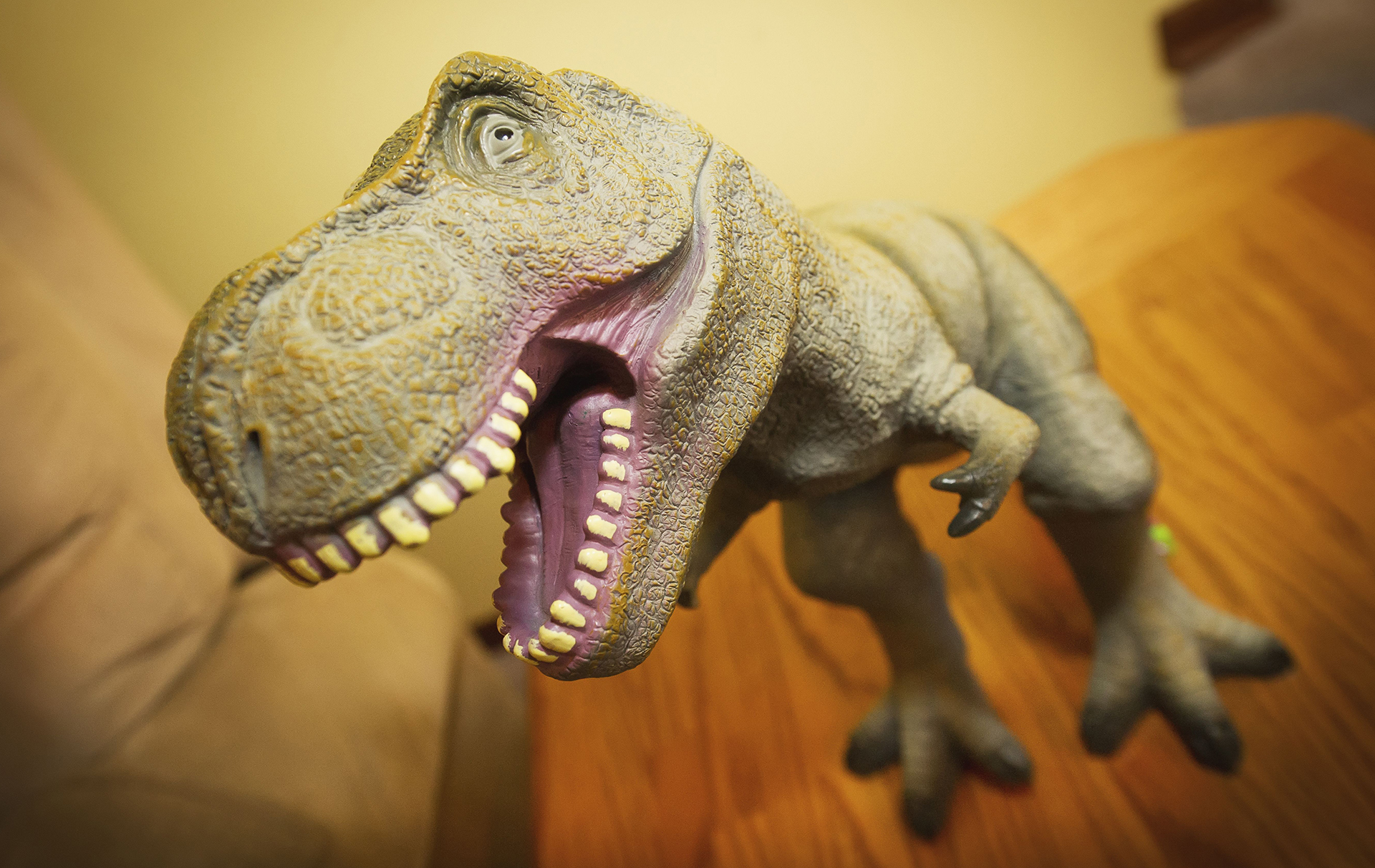
They think this is because unlike, say, watching TV or playing video games, learning about dinosaurs is an active pursuit that requires kids to ask questions, read books and navigate their own learning pathway.
Basically, it’s the perfect way for them to develop the key skills they’ll need at school and in their careers further down the line.
Experts think one reason children develop this kind of interest is that it gives them their first opportunity to outsmart their parents and feel like an authority on something, giving their confidence a boost.
And because the motivation comes from them, the learning process naturally becomes more fun – not to mention less hassle for you.
So while it can be irritating when a fad burns out overnight, or frustrating when an obsession seems to last forever, it’s important to encourage your child’s special interests.
Fancy a trip to the Natural History Museum?
Samantha is a freelance writer at Goodto who has been with team since 2019. Initially trained in psychology, she specialises in health and wellbeing and has additionally written for magazines such as Women’s Health, Health & Wellbeing, Top Santé, Healthy, Refinery29, Cosmopolitan, Yahoo, CelebsNow, Good Housekeeping and Woman&Home.
-
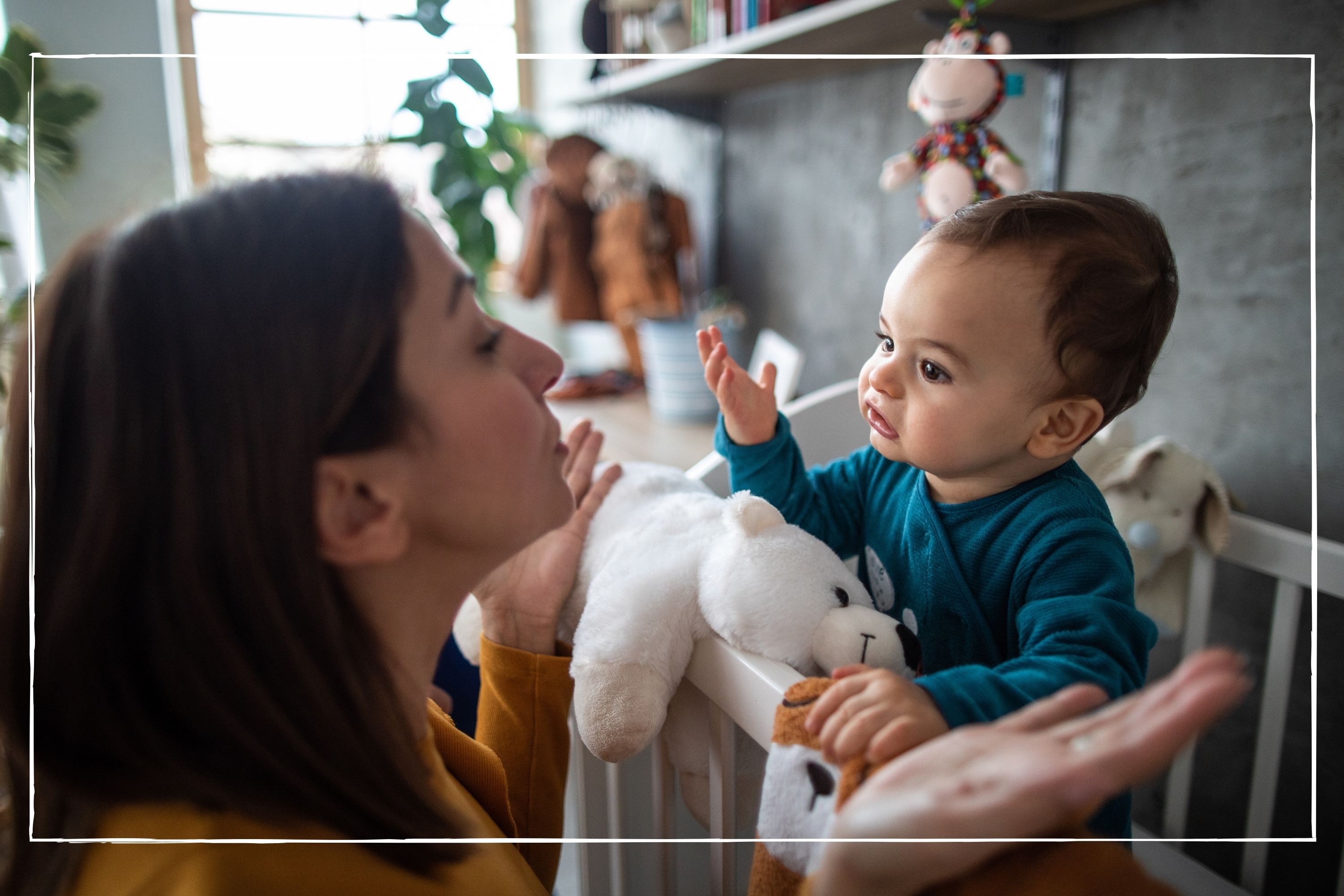 Baby development milestones: Find out when babies crawl, smile and more
Baby development milestones: Find out when babies crawl, smile and moreWhen do babies crawl? When do babies talk? Baby developmental stages and milestones come thick and fast in their first two years...
By Stephanie Lowe
-
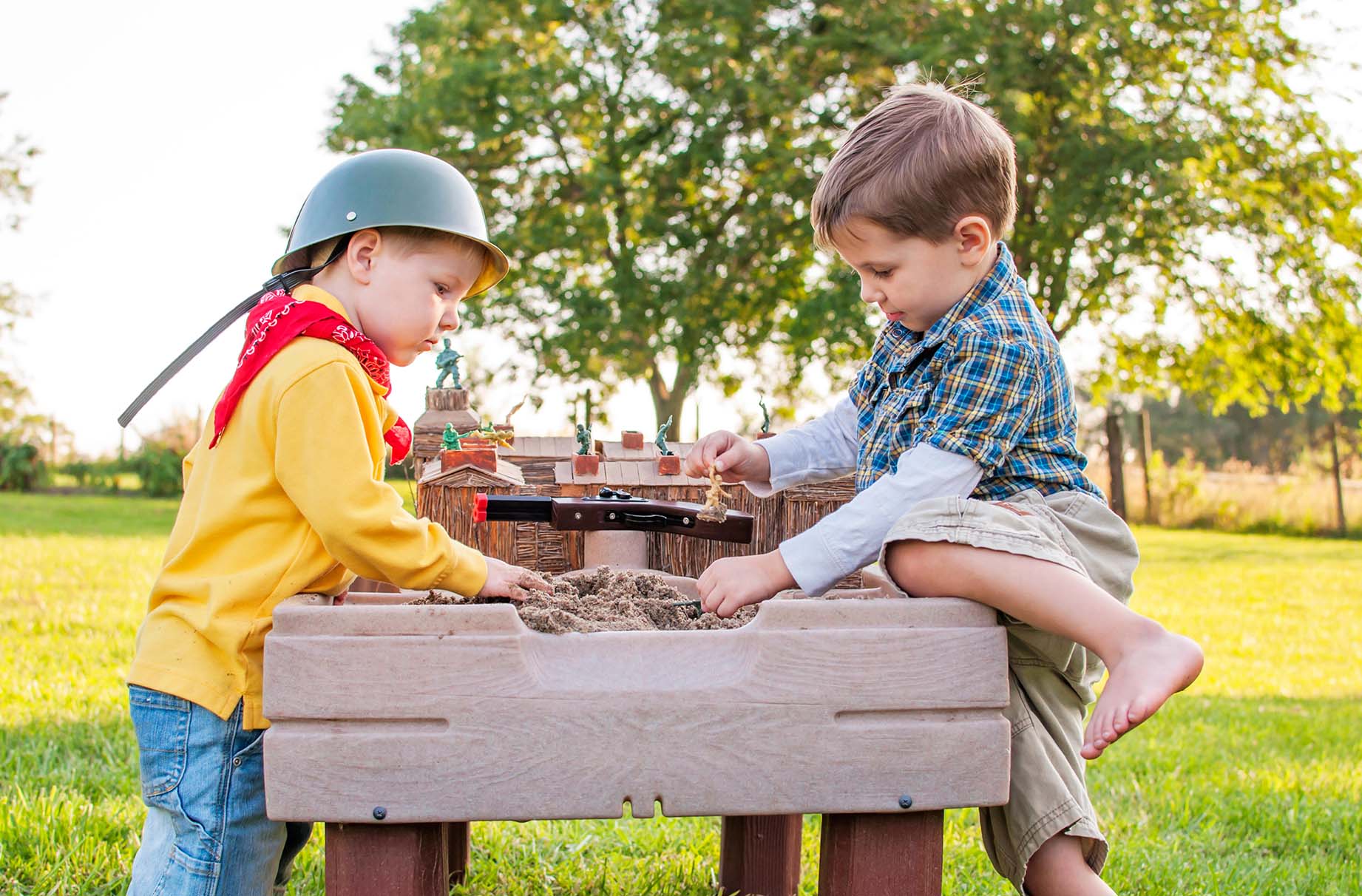 Child development stages: Ages 1-5 the early years
Child development stages: Ages 1-5 the early yearsChild development stages: Ages 1-5 is a tricky time, here we look at everything from walking and talking to starting school...
By GoodtoKnow
-
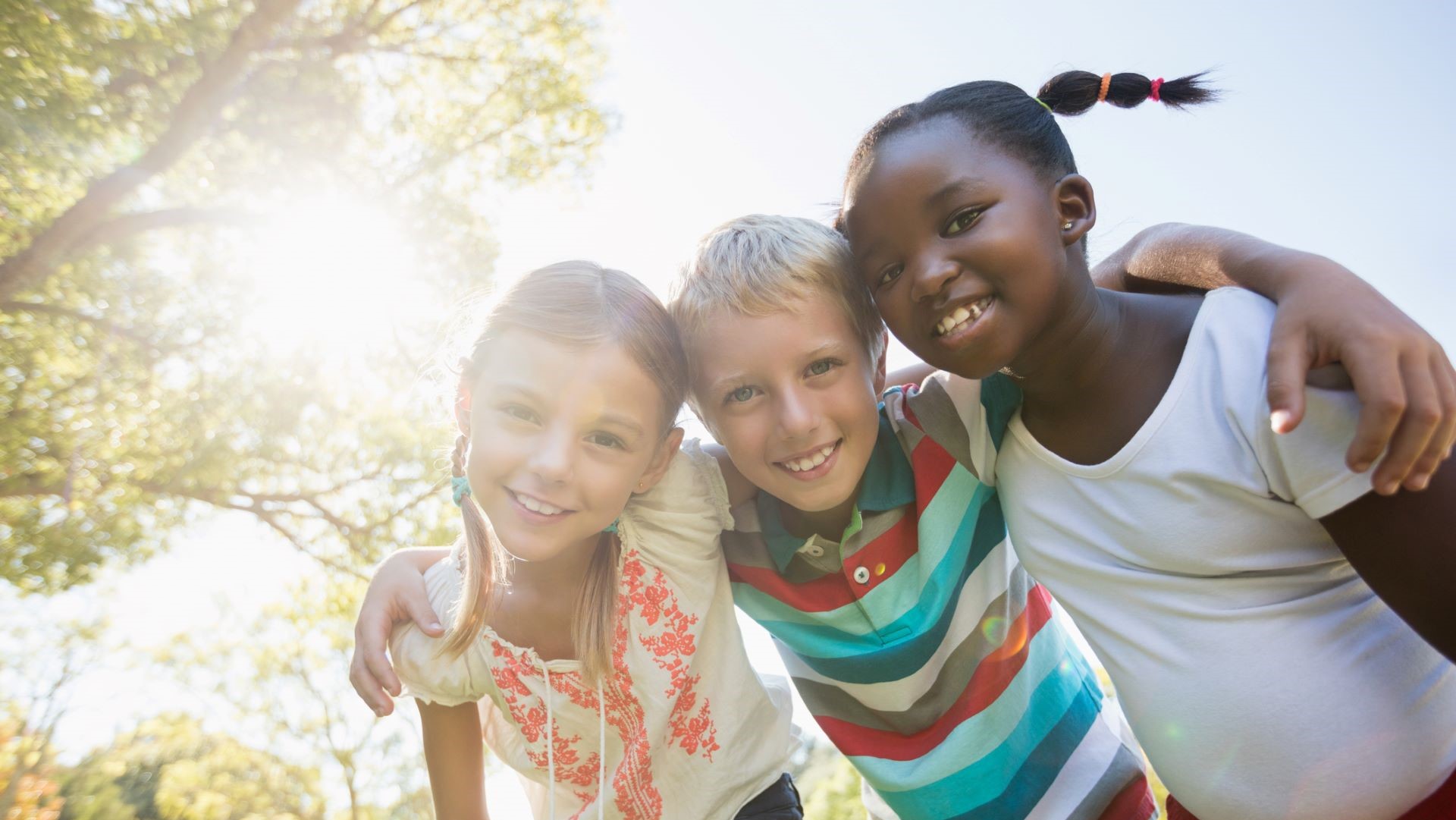 Child development stages: Ages 6-12 the mid years
Child development stages: Ages 6-12 the mid yearsYou've probably read up on child development stages during your child's early years, but what about when they start growing up?
By Joanne Lewsley
-
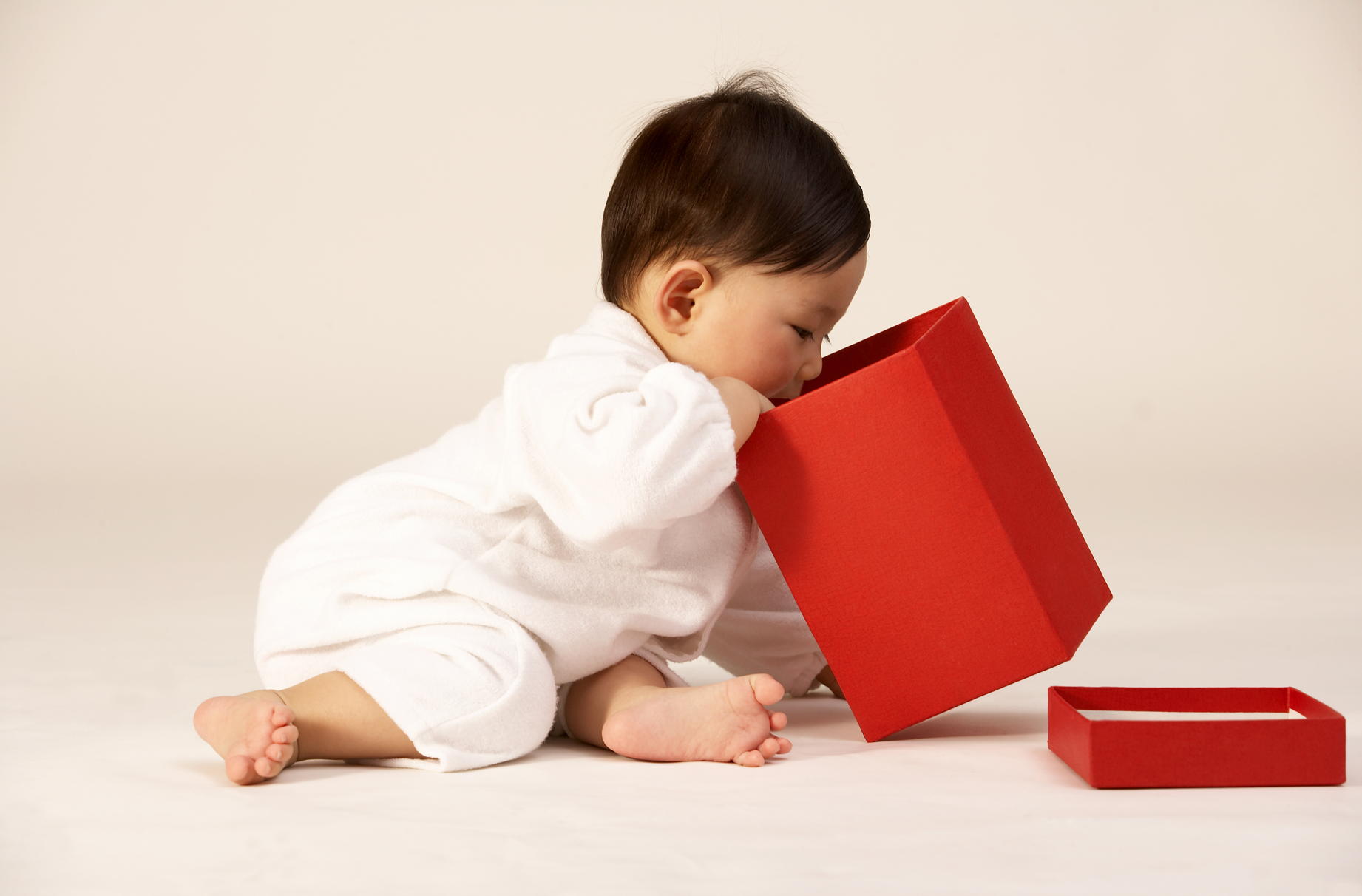 Does your baby love putting things in boxes and tipping them out? Here's why it's a good sign
Does your baby love putting things in boxes and tipping them out? Here's why it's a good signBy Anna Matheson
-
 Child development stages: Ages 13-16 the late years
Child development stages: Ages 13-16 the late yearsNeed help navigating the tricky teenage years? These childhood development stages for children aged 13-16 will help
By GoodtoKnow
-
 Child development stages: Ages 0-16 years from baby to teenager
Child development stages: Ages 0-16 years from baby to teenagerChild development stages are a must-read guide for any parent
By Joanne Lewsley
-
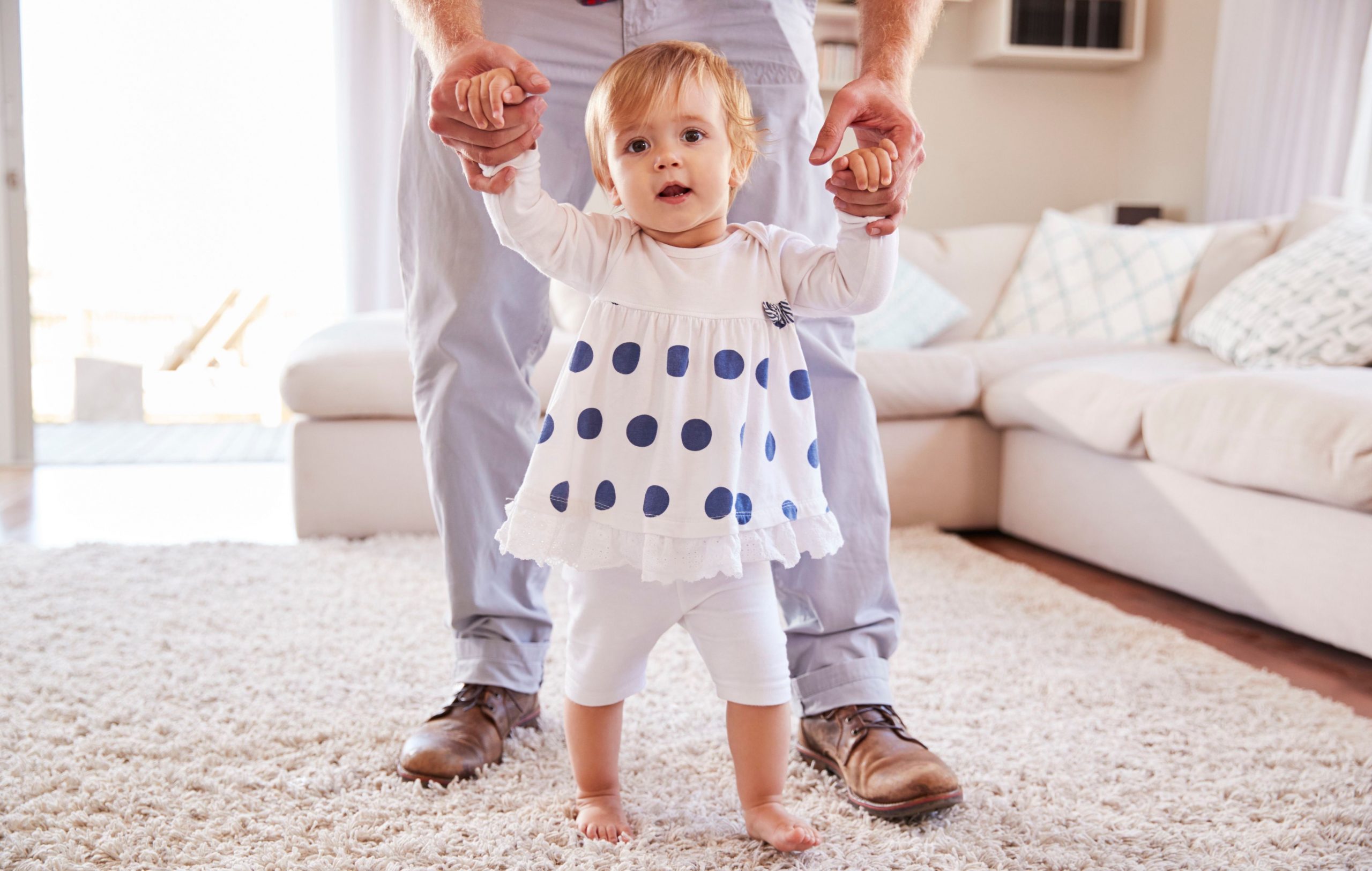 Baby development: Baby milestones for your child's first year
Baby development: Baby milestones for your child's first yearWhat to expect from your child and when
By GoodtoKnow
-
 Puberty in girls and boys: How to help your kids deal with puberty
Puberty in girls and boys: How to help your kids deal with pubertyFind out how to help your child when they hit puberty...
By Katie McPhillimy